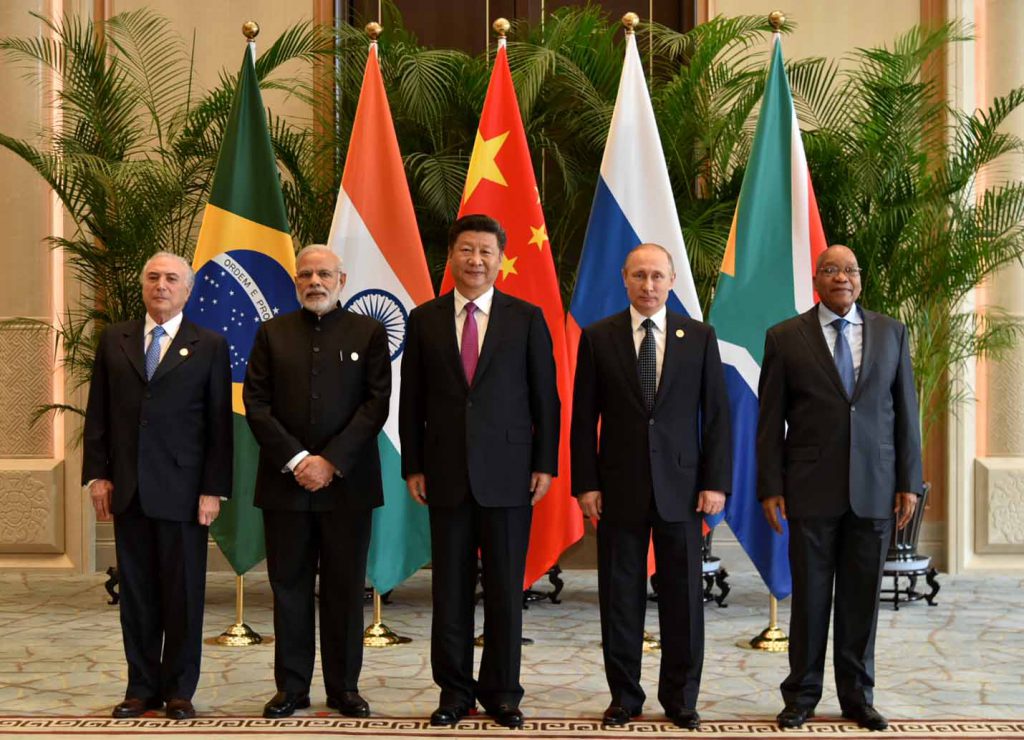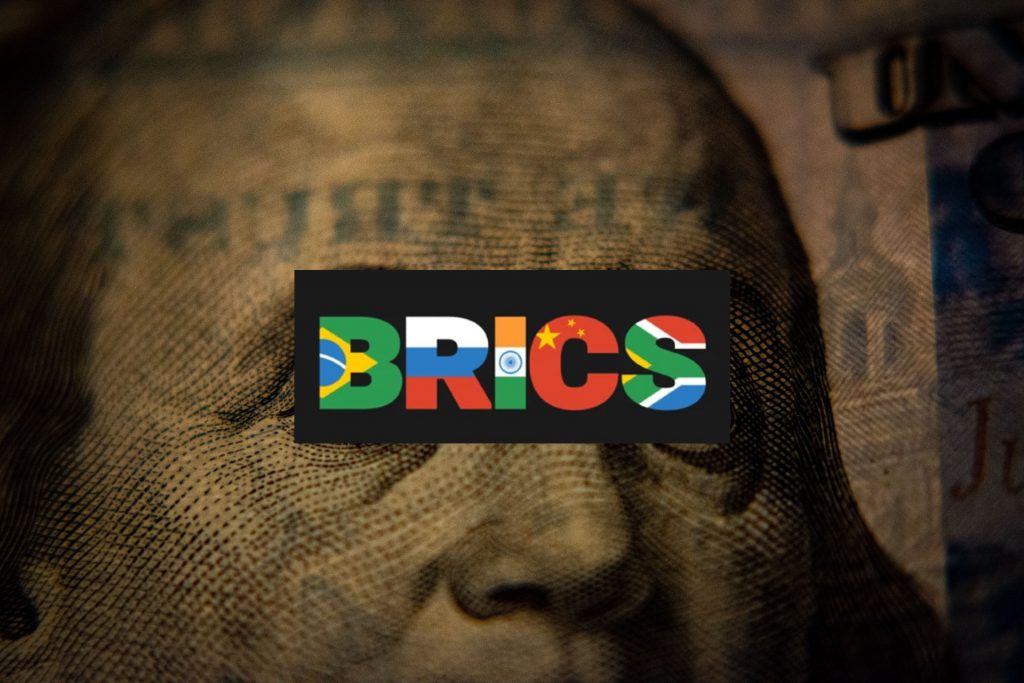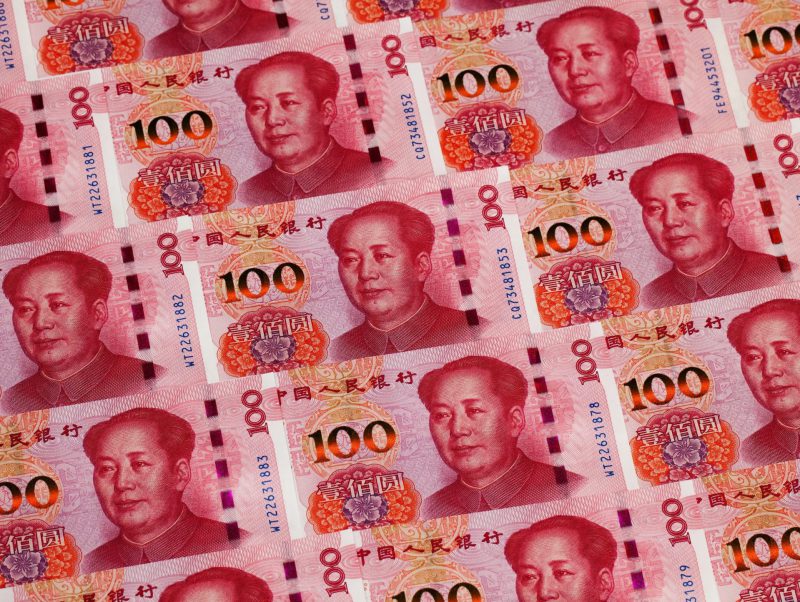With the BRICS Summit on the horizon, all eyes are on the expansion of the bloc, and the redevelopment of its own national currency. Yet, with many wondering how the latter could work, one economist suggests that the BRICS currency could be pegged to the Chinese yuan.
Herbert Poenisch, a former economist at the Bank for International Settlements (BIS), recently discussed the currency in an opinion piece. There, he stated that pegging the developing trade currency to the yuan would be “the first major step.”
BRICS Currency Development


The past few months have seen a clear rise in the prominence of the BRICS bloc. Subsequently, the annual summit taking place in August is poised to see vital aspects being discussed. Among those, is its eventual growth, and its own alternative currency.
The BRICS currency is viewed with tremendous potential. Specifically, because it is set to be utilized by major powers like Brazil, Russia, India, and China. Additionally, if the bloc were to expand, those countries would take up the use of alternative currencies as well.
However, one economist suggests that the BRICS currency would greatly benefit from being pegged to the Chinese yuan. Specifically, Poenisch discussed the process, and why it would be vital to the functioning of the block. “Pegging to the renminbi and aligning their bilateral exchange rate would be the first major step,” he remarked.
“At the same time, a mechanism would have to be set up to provide credit in renminbi to countries that run trade deficits,” he added. Specifically, speaking of countries like India and South Africa. “China would have to shoulder the burden to keep such a clear system afloat,” he added.
“In addition, it would need to remove obstacles to the fungibility of the renminbi as a surplus supply of other currencies should be freely converted into renminbi and used by other countries,” Poenisch stated. Subsequently, he noted that this would “boost the internationalization of the renminbi,” which could affect its “monetary policy.”
US Dollar Competition


Ultimately, Poenisch also noted that a BRICS currency would be unlikely to actively overtake the US dollar. Indeed, he noted that an alternative currency akin to the bloc’s goal is “not a new idea.”
“But if such a currency is ever achieved, it is unlikely to replace the dollar,” he remarked. ” It would exist in addition to the established dollar-based global monetary system.” Moreover, he likened the BRICS currency to the Euro. Specifically, Peonisch stated, “In the case of Europe, the process from bilateral settlements to a common currency took close to 50 years.”
Subsequently, the BRICS currency could take a similar length of time to truly circumvent national currencies. Additionally, if this is done, it would require a lot of effort on the part of Chian. Whether or not they would be willing to take on that burden remains to be seen.





